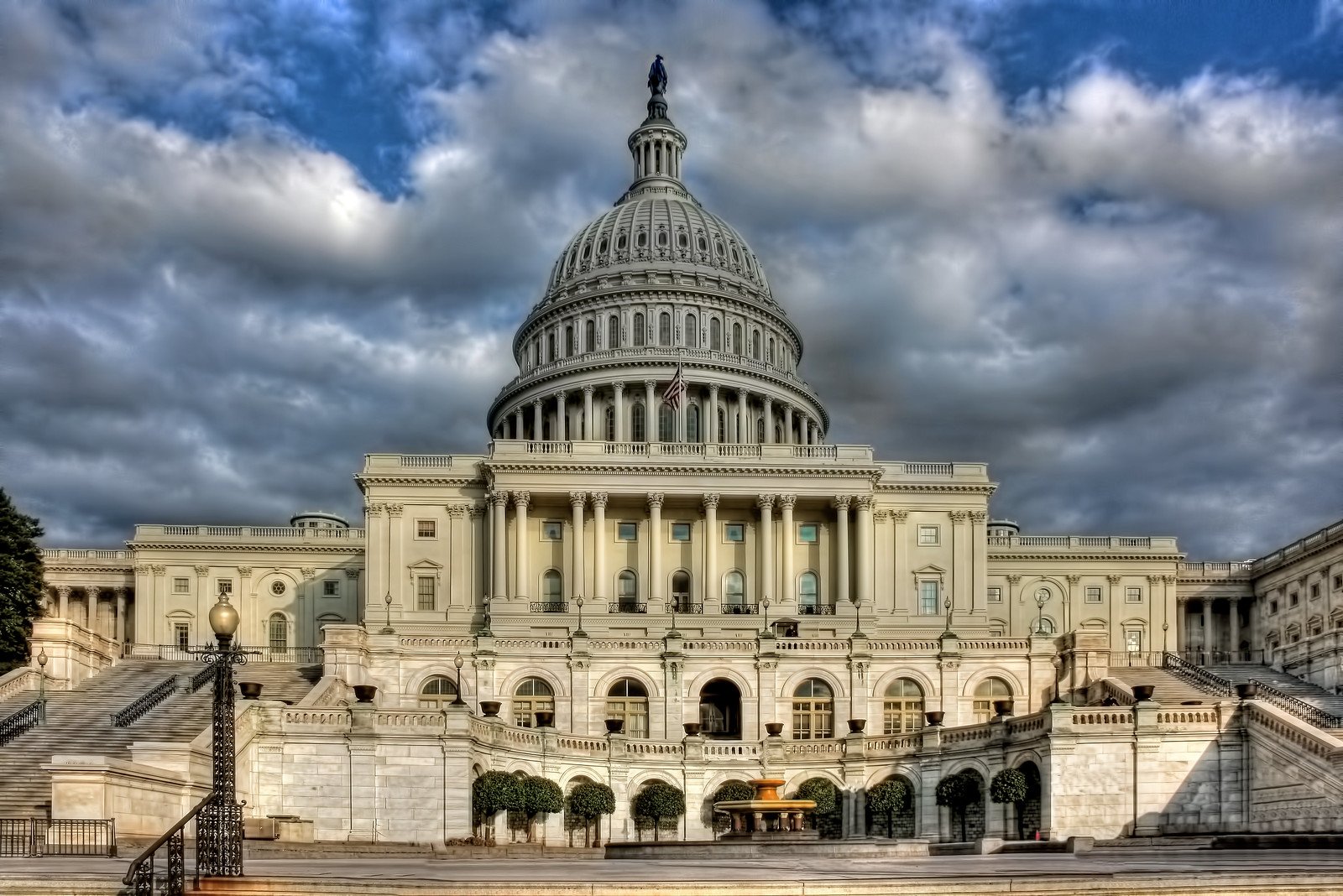
Key Takeaways
- Senators Scott and Lummis introduced a framework to clarify digital asset regulation and reduce SEC oversight.
- The bill aims to define when digital assets are commodities or securities and encourages CFTC registration for exchanges.
- Senate passed a stablecoin bill with bipartisan support; further hearings on the new framework are scheduled.
Senate Banking Chairman Tim Scott (R-S.C.) and Senator Cynthia Lummis (R-Wyo.), head of the Senate digital assets committee, revealed a new framework for forthcoming legislation on digital assets.
The proposed bill aims to clarify when bitcoin and other digital assets are classified as commodities or securities, enabling exchanges to register with the Commodity Futures Trading Commission (CFTC) and reducing the Securities and Exchange Commission’s (SEC) regulatory role.
Joining the initiative are Senators Thom Tillis (R-N.C.) and Bill Hagerty (R-Tenn.).
The legislation also introduces measures to combat money laundering and sanctions evasion.
Scott expressed hope for bipartisan cooperation to deliver needed regulatory clarity:
“These principles will serve as an important baseline for negotiations on this bill.”
Legislative momentum and next steps
This proposal builds on bipartisan support shown last week when a stablecoin bill passed the Senate with backing from nearly all Republicans and 18 Democrats.
Senator Lummis noted that the stablecoin bill is “only the first step” and urged lawmakers to address the more complex market structure bill within the year.
The House version of the market structure bill has been approved by both the Financial Services and Agriculture Committees.
President Donald Trump has called on the House to act “LIGHTNING FAST” on the stablecoin bill, though House Financial Services Chairman French Hill indicated a preference for moving stablecoin and market structure legislation together.
The Senate Banking Committee’s subcommittee on digital assets is scheduled to hold a hearing on the proposed bill at 3 p.m. ET on Tuesday.




